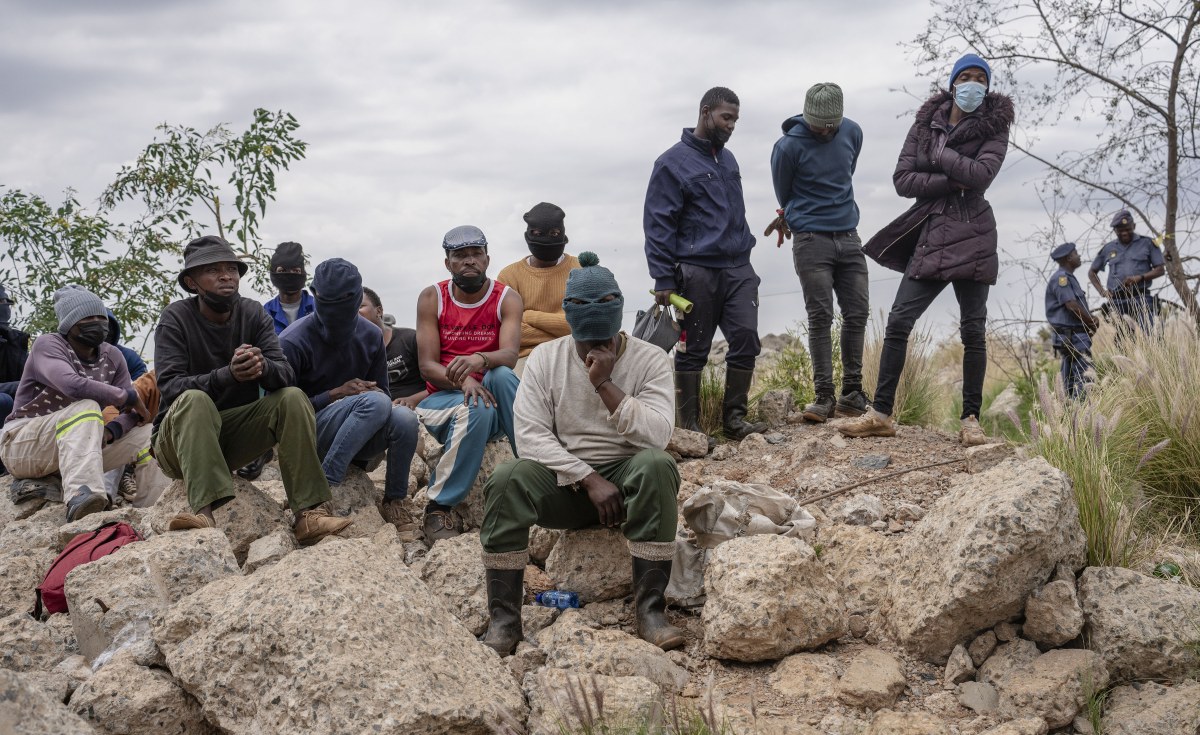MOGADISHU, Somalia – In a significant move towards addressing the needs of internally displaced persons (IDPs) in Somalia, the Commissioner of the Somali Disaster Management Agency (SoDMA), Mahamuud Moallim, chaired a meeting on May 11, 2024, to discuss the Country Humanitarian Forum (CHF) preparations and the agency’s decision to end cash programs for IDPs.
The meeting, attended by high-ranking executives of the Agency, focused on the negative impact of cash programs and the agency’s plan to replace them with vocational training to foster financial independence among IDPs.
During the meeting, the SoDMA approved a plan to exchange cash for vocational training, which will provide IDPs with the necessary skills and resources to achieve economic stability and self-sufficiency. The agency aims to expedite ongoing projects and implement this new initiative to improve the living conditions of displaced individuals in the country.
The decision to end cash programs for IDPs was driven by the recognition that such programs have had a negative impact on the beneficiaries. According to the SoDMA, cash programs can lead to dependency and undermine the long-term development of individuals and communities. By transitioning to vocational training, the agency hopes to empower IDPs to build a better future for themselves and their families.
The Country Humanitarian Forum (CHF) preparations were also a key topic of discussion during the meeting. The CHF is an important platform for humanitarian organizations, government agencies, and other stakeholders to collaborate and address the challenges faced by vulnerable populations in Somalia.
The SoDMA’s involvement in the CHF preparations underscores the agency’s commitment to finding sustainable solutions to the country’s humanitarian crisis.
The meeting was attended by high-ranking executives of the Agency, reflecting the importance of the issues discussed and the SoDMA’s dedication to addressing the needs of IDPs in Somalia.
The agency’s decision to end cash programs and focus on vocational training marks a significant step towards improving the lives of displaced individuals and promoting self-reliance in the face of adversity.










